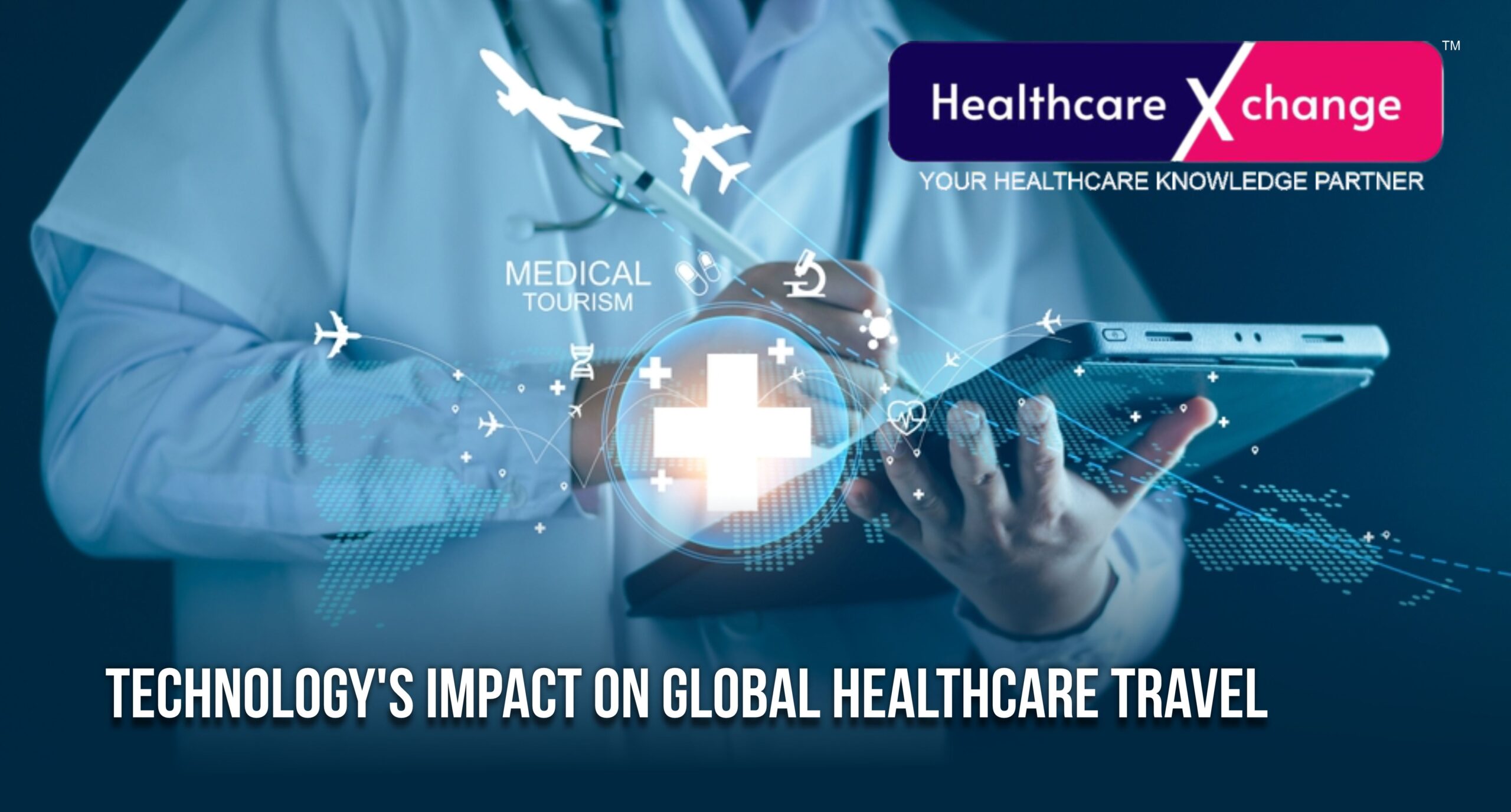
Technology’s Impact on Global Healthcare Travel
- Healthcare Infrastructure and Assets
- July 10, 2025
Highlights
- Technology is revolutionising global healthcare travel by providing convenience, accessibility, and a better patient experience
- This includes virtual consultations, telemedicine, AI-powered hospital comparison platforms, and digital tools for language and cultural support
- Artificial intelligence enables patients to consult top doctors online, share medical records, and receive second opinions, based on symptoms, specialty, budget, and location
Medical Tourism 2.0 is a revolutionary shift in healthcare, transforming it from a luxury to a tech-enabled choice. It leverages advancements in AI, telemedicine, and global connectivity to provide better value and build trust. This technology- integrated experience streamlines every touchpoint, from consultation to recovery. The new wave of medical technology includes,
- Personalised care
- Remote planning and follow-ups
- AI-enhanced diagnostics
- Cross-border medical collaboration
Shift in Healthcare Technology –Key Drivers
- Telemedicine: Enables secure video consultations, medical record sharing, and receiving second opinions online
- AI-Powered Patient Matching: Minimises trial-and-error and improves satisfaction
- Smart Health Travel: Handles treatment booking, medical visa application, and provides treatment timelines and local accommodation options
- Language & Cultural Tech: Provides AI translators and multilingual care apps for patient support
- Post-Treatment Remote Monitoring: Enhances patient safety post- discharge via wearables, cloud-based follow-ups, and WhatsApp-driven doctor
Which all Countries Are Leading
India, Thailand, Turkey, and Eastern Europe are emerging as global health hubs due to affordable pricing, world-class doctors and state-of-the-art hospitals. Additional benefits include an English-speaking medical staff, government support, and simplified visa processes. For instance, India is currently experiencing a rise in medical tourism related to IVF, cancer care, and dental surgery.
In the coming years, AI, blockchain and predictive health technologies will be utilised to secure patient data sharing, early detection of chronic conditions and the use of digital twins for surgical planning. The innovations are expected to transform Medical Tourism 2.0 into a smarter, safer and more seamless healthcare experience.




